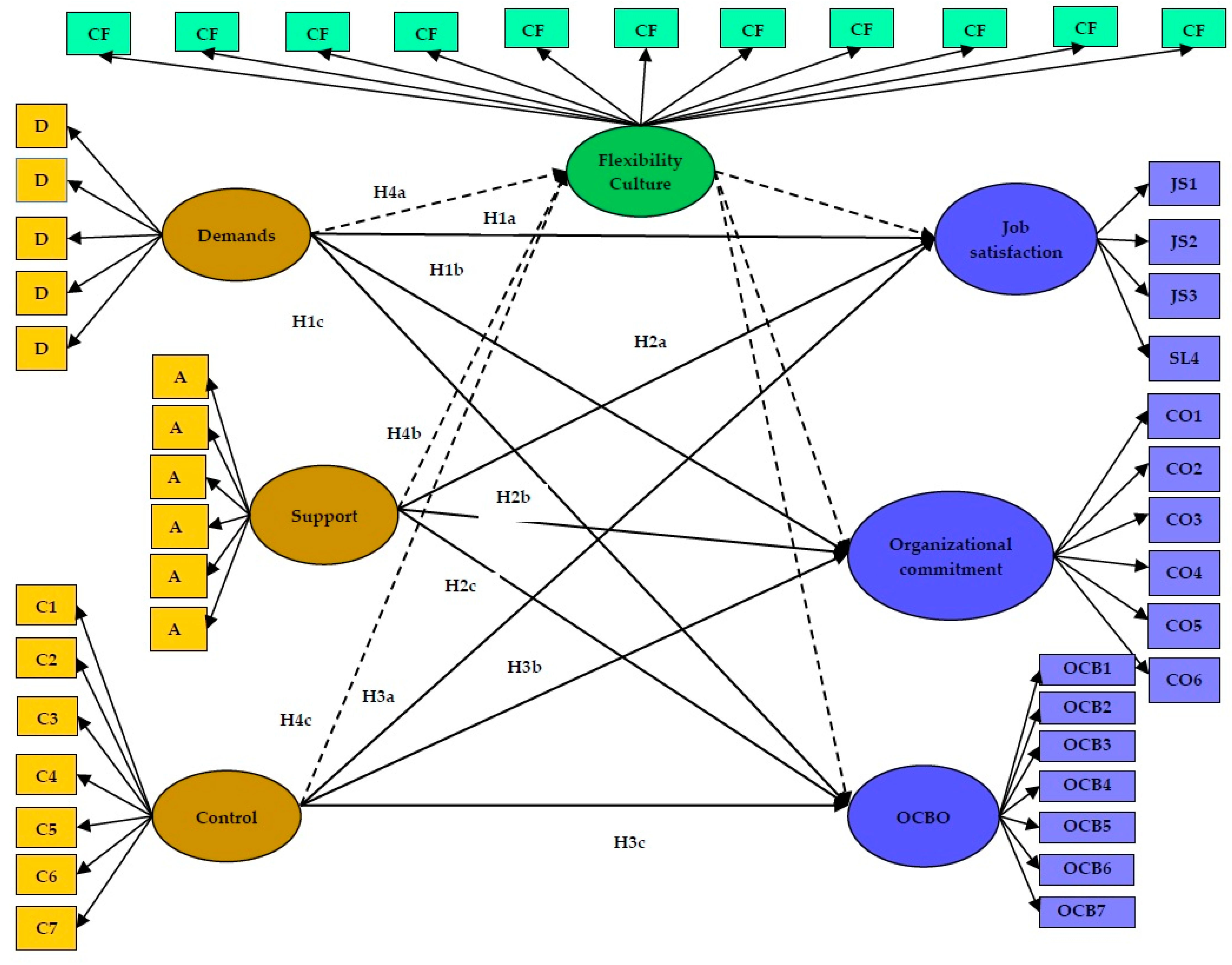

One of these interesting strategies to appeal to the customer in the current social values-driven Marketing 3.0 era is the development of servant leadership in service units –work units which are in close contact with customers–. In accordance with the described scenario, in which customers are demanding that businesses act in a socially responsible manner ( Vrontis and Thrassou, 2007), it is of no surprise that managers are beginning to think of new customer-focused strategies to engage with the modern customer today ( González and Fernández, 2016). In effect, in the current millennium, customers are more and more worried about whether others, both known or unknown, meet human good, such as truth, beauty, work, friendship, life, and dignity, such that their purchase decisions’ impact on others is carefully calculated ( Martínez-Cañas et al., 2016).

In other words, in addition to making purchase decisions with an eye on external benefits gained (i.e., extrinsic motivation) or the pleasure acquired from the purchase decision itself (i.e., intrinsic motivation), customers are more and more concerned about whether their purchase decisions contribute to solving the problems of someone else (i.e., transcendent motives). Furthermore, customers are increasingly showing concerns about the effects of their purchase choices not only for themselves, but also for broader society ( Harrison, 2005 González and Fernández, 2016), which represents a strong embracement of transcendent motives in their actions. The extent to which a product or service provides freedom of choice, independence as well as benevolence, social justice, equality and environmental responsibility is becoming more and more crucial for customers when making purchase choices ( Martínez-Cañas et al., 2016), especially in a developed world, where consumption appears to have become an end in itself, through which customers find a voice to promote a better society ( Vrontis and Thrassou, 2007). paradigm, which entails a more human-centric perspective, customers look to products and services to meet their own needs in parallel with fulfilling spiritual, social and moral values ( Kotler et al., 2010). In other words, in this new millennium, driven by the Marketing 3.0.

Such understanding involves purchase decisions on the basis of fulfilling social and ethical values (e.g., social justice, human welfare, environmental sustainability Shaw et al., 2005 Hollenbeck and Zinkhan, 2010). Recent marketing literature has begun to nurture from a new, very incipient perspective, the social values-driven Marketing 3.0 paradigm ( Kotler et al., 2010), which proffers the idea that customers are increasingly seeking solutions to their own concerns and are interested in building a better world. Managers can use these findings to note the value of leading the service unit in a servant friendly direction, which is better aligned with the new aspirations of customers today.

Results revealed that service climate mediates the positive influence of servant leadership on customer service performance. Spanning 185 hotels located in Spain, a sample of 247 service units –in close contact with customers– was used to investigate whether servant leadership enhances customer service performance through shaping a service climate within the service unit. Yet research has ignored the role and the various mechanisms servant leadership might utilize to improve customer service performance of their service units. Servant leadership, which involves putting employees’ needs first and serving the broader society, is emerging as a new strategic mechanism to approach the customer in line with the new social values-driven Marketing 3.0 era.
#Smartpls 3.2.6 key how to#
In a world in which customers are increasingly looking for solutions to their own concerns on how to make a better globalized world, new organizational strategies are emerging to approach the customer in the current third millennium. Department of Business Administration Department, University of Castilla-La Mancha, Cuenca, Spain.Jorge Linuesa-Langreo, Pablo Ruiz-Palomino * and Dioni Elche-Hortelano


 0 kommentar(er)
0 kommentar(er)
